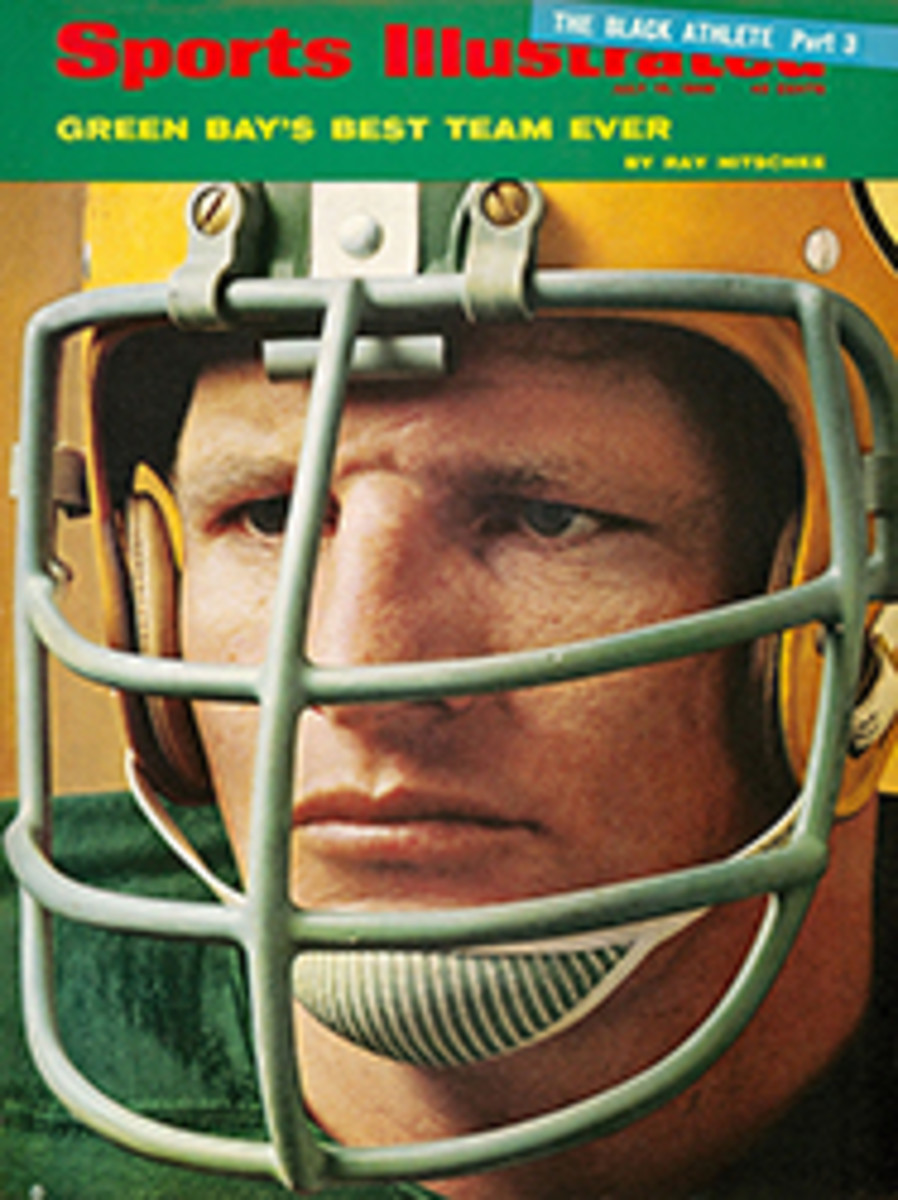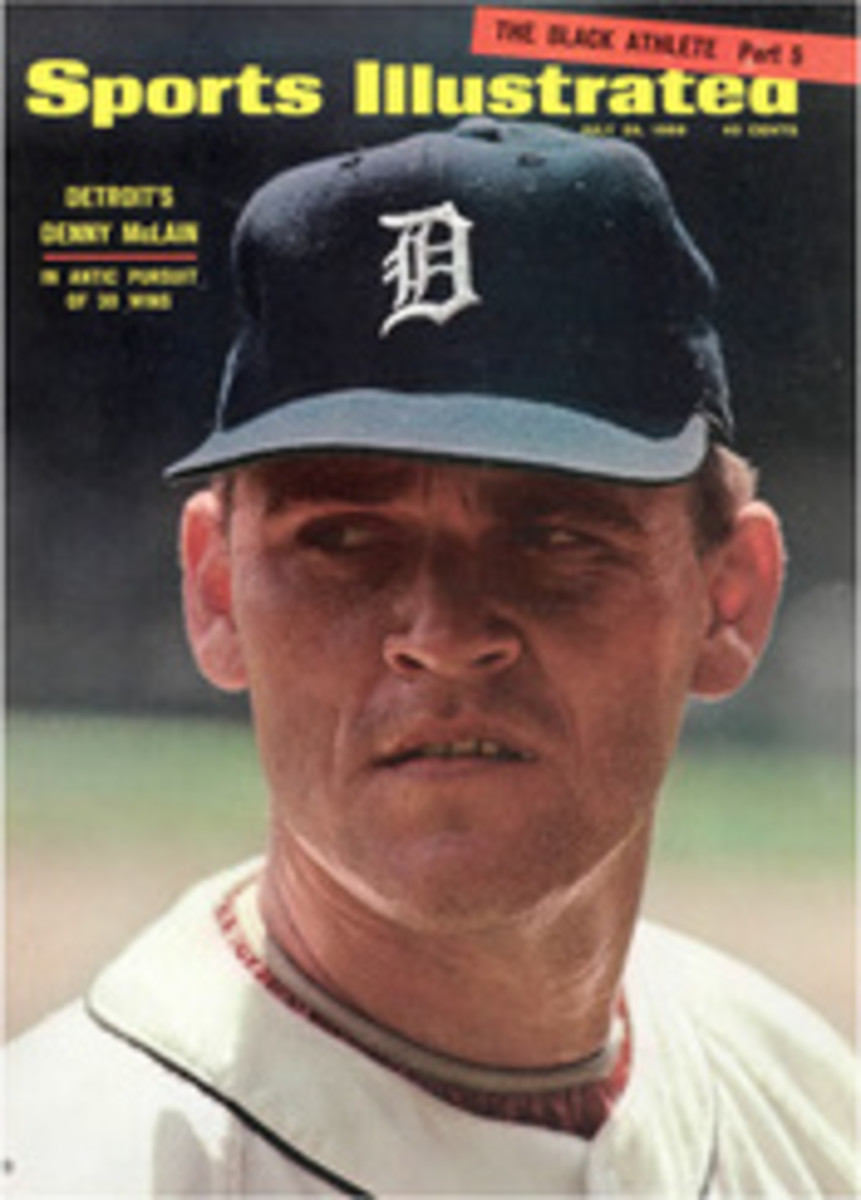Who was the highest rated recruit Haskins brought to Utep?
Also why didn't Utep capitalized after the 1966 win? It looks like in the 70s UTEP didn't do much winning. What it took until 1991 to get to the sweet 16?
Was Utep able to bring in highly recruited players after 1966? I would imagine every non white player would lineup to play for Utep? Did that not happen?
Also why didn't Utep capitalized after the 1966 win? It looks like in the 70s UTEP didn't do much winning. What it took until 1991 to get to the sweet 16?
Was Utep able to bring in highly recruited players after 1966? I would imagine every non white player would lineup to play for Utep? Did that not happen?



